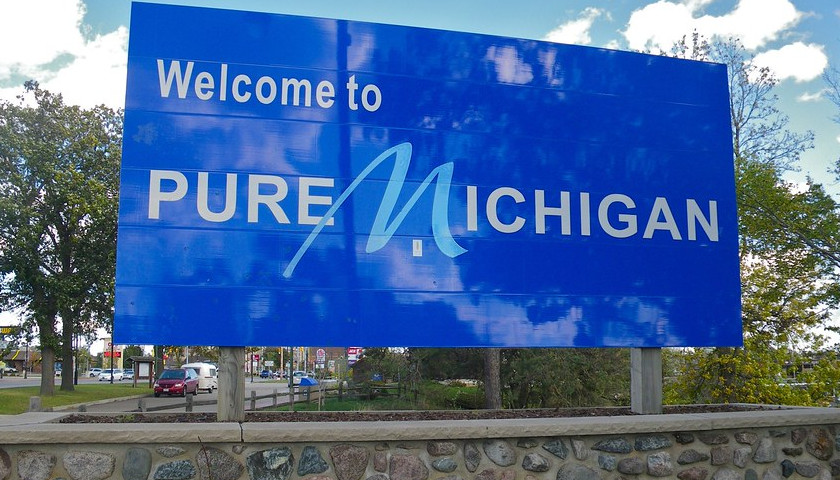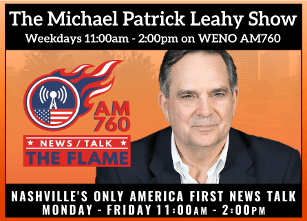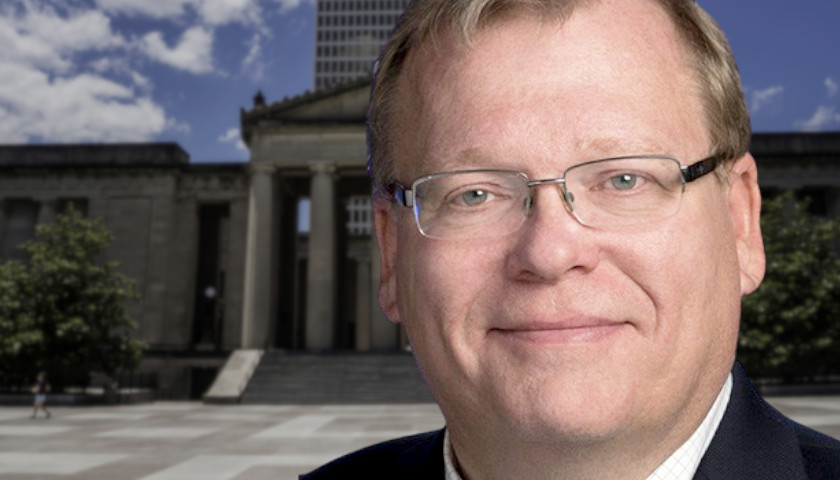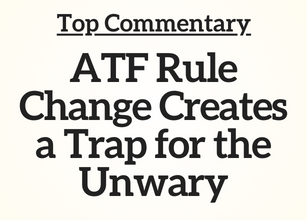by Bruce Walker
Rep. Ken Borton, R-Gaylord, announced Thursday he’s planning to restore $15 million to the Pure Michigan budget.
The Michigan tourism campaign has spent $450 million since its launch in 2008. Although the bulk of that money came from Michigan residents, the state also appropriated $15 million of federal American Rescue Plan Act funds in the current budget.
That $15 million is absent from the proposed $82 billion 2024 budget currently awaiting Gov. Gretchen Whitmer’s signature because the ARPA funds ceased at the end of the COVID-19 pandemic.
“The positive impact of Pure Michigan cannot be overstated, and it is disheartening to witness such as valuable program being stripped of its resources,” Borton said in a statement. “The short-sightedness of Lansing Democrats in prioritizing budget cuts over long-term growth and prosperity throughout the state is deeply concerning.”
A news release from Borton said every Pure Michigan dollar spent adds about $9 into the economy of Northern Michigan.
“This drastic, naïve cut is a major insult to the many Northern Michiganders who rely on the 100 million-plus visitors that come to Michigan every year, spending upwards of $23 billion which directly supports more than 200,000 jobs,” Borton said.
Borton’s assertions are disputed by economists at the Mackinac Center for Public Policy.
“Pure Michigan is a waste of taxpayer money,” MCPP Director of Fiscal Policy James Hohman told The Center Square. “And it would be an even bigger waste of federal taxpayer money. Temporary federal grants should stay expired and lawmakers ought to let tourism enterprises pay for their own advertising.”
In a Detroit News op-ed last week, MCPP Senior Director of the Morey Fiscal Policy Initiative Michael LaFaive questioned claims by the Michigan Economic Development Corp., which oversees the Pure Michigan campaign.
Countering the MEDC’s assertion out-of-state advertising brings a 1,000% dollar-for-dollar return on investment, LaFaive said is “hard to believe” and the agency hasn’t explained how it arrived at that number.
LaFaive referenced a 2016 study he published with Michael Hicks, director of the Center for Business and Economic Research and professor of economics at Ball State University. Hicks and LaFaive concluded every $1 million state tourism subsidy resulted in $20,000 in revenues for temporary lodging in Northern Michigan hotels and motels.
– – –
Bruce Walker is a regional editor at The Center Square. He previously worked as editor at the Mackinac Center for Public Policy’s MichiganScience magazine and The Heartland Institute’s InfoTech & Telecom News.
Photo “Pure Michigan” by PunkToad. CC BY 2.0.








